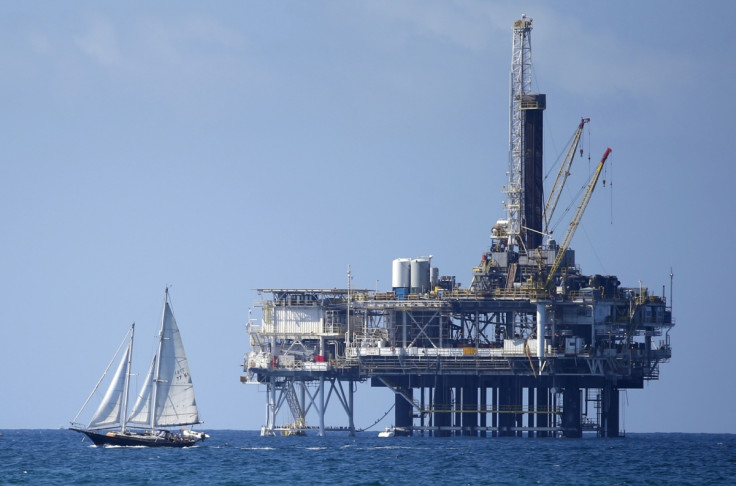Oil prices decline despite Venezuela announcing producer meet to freeze output

Oil prices lost earlier gains on Thursday despite Venezuela announcing a meeting between oil producing nations later in March. The country, which is a member of the Organization of the Petroleum Exporting Countries (OPEC), said a total of 15 countries will attend the meeting with an intention to conclude on freezing output at January's highs.
This announcement had earlier even overshadowed US government data that indicated its oil output was at record highs after increasing by 10.4 million barrels to 518 million barrels the week before. Anthony Headrick, an analyst at CHS Hedging, a commodities broker in Minnesota, said: "It seems more likely that $26 (£18.47, €23.94) is in the rear view mirror at the moment. Fundamentals remain bearish but prospects of OPEC freeze and downward cycle in US output will likely limit a retest of the recent lows."
Oil prices, which have been on the decline for the last 20 months, got an initial boost amid a rising confidence by analysts that the market had bottomed out but later started to decline. Rob Haworth, who manages about $125bn as a senior investment strategist at US Bank Wealth Management, said: "We believe prices will see modest gains over the course of the year and we have likely seen the worst of price declines, unless the global economy actually moves into recession."
An optimistic ANZ bank said: "The price action in oil adds to the case that the bottom in the crude oil market could now be in place for 2016." Wang Tao, a technical analyst at Reuters believed that WTI crude oil prices would increase to $40 a barrel this month.
However, there were some analysts who were still bearish and believed the sell-off in the commodity will continue. This was on the basis of their estimate that the daily supply of oil exceeded the daily demand by 1-2 million barrels and that an agreement to freeze output at January levels by oil producing nations, led by Saudi Arabia and Russia, will not be able to tackle the glut. Tariq Zahir at Tyche Capital Advisors opined: "We could be in store for another large move down over the next few weeks."
On 3 March, WTI crude oil was trading 0.12% lower at $34.62 a barrel, while Brent was down 0.62% at $36.70 a barrel at 8.27am GMT.
© Copyright IBTimes 2025. All rights reserved.





















